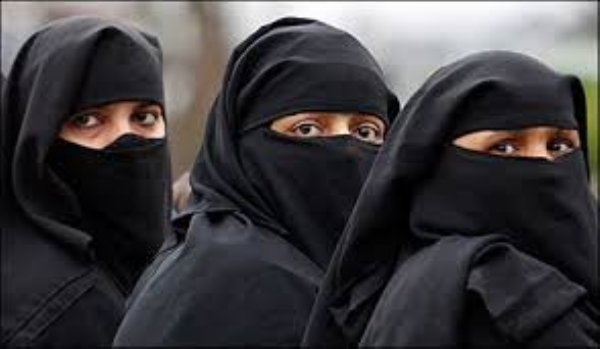
New Delhi, 3 April (H.S.): The Waqf (Amendment) Bill, 2025, aims to enhance the role of women in the Waqf system by ensuring their rightful access to inheritance, financial support, and decision-making. Historically, many women have been excluded from the benefits of Waqf due to limited resources. This bill introduces crucial changes to rectify that imbalance.
Key changes include the protection of women's inheritance rights in family Waqf. Under this bill, no property can be dedicated to Waqf until female heirs receive their due inheritance, preventing the misuse of Waqf to deny women property rights. Furthermore, the bill expands Waqf-alal-aulad to support widows, divorced women, and orphans, ensuring economic security through dedicated welfare funds.
The bill mandates the inclusion of two Muslim women in the governance of State Waqf Boards and the Central Waqf Council, giving women a voice in resource management. This governance reform aims to prioritize spending on scholarships for Muslim girls, healthcare, skill training, microfinance for women entrepreneurs, and legal assistance for inheritance and domestic violence.
Additionally, the bill promotes vocational training centers and self-help groups (SHGs) to empower Muslim women economically. Digitization of Waqf records enhances transparency and prevents corruption, ensuring proper use of funds designated for women's welfare.
Overall, the Waqf (Amendment) Bill, 2025, is a significant step towards transforming Waqf into a force for social justice and equality, empowering women and ultimately fostering long-term gender equality in Waqf administration, thus supporting the progress and empowerment of Muslim women.
The Waqf (Amendment) Bill, 2025, seeks to empower Muslim women by enhancing their access to inheritance, financial support, and governance in Waqf management. Historically, Waqf has provided educational, healthcare, and job support; however, women often faced inequities due to limited resources and decision-making roles. The bill primarily aims to secure women’s inheritance rights within family Waqf (Waqf-alal-aulad) by prohibiting property dedication until female heirs receive their rightful shares, thus preventing the misuse of Waqf to exclude them.
Additionally, the bill extends Waqf-alal-aulad’s purpose to include financial support for widows, divorced women, and orphans, ensuring their welfare aligns with Islamic principles. It mandates the inclusion of at least two Muslim women in the governance of State Waqf Boards and the Central Waqf Council, thereby giving women a voice in resource management.
The bill further promotes financial independence through vocational training centers and self-help groups (SHGs) focusing on fields like healthcare, business, and fashion design. Furthermore, it introduces digitization of Waqf records aimed at enhancing transparency and preventing corruption, crucial for ensuring that funds intended for women’s welfare are utilized correctly.
Overall, the Waqf (Amendment) Bill, 2025, is a significant stride toward social justice and welfare, guaranteeing women’s rights in inheritance, elevating their roles in governance, and supporting their economic empowerment, ultimately striving for long-term gender equality within Waqf administration and promoting progressive change for Muslim women.
---------------
Hindusthan Samachar / Indrani Sarkar







